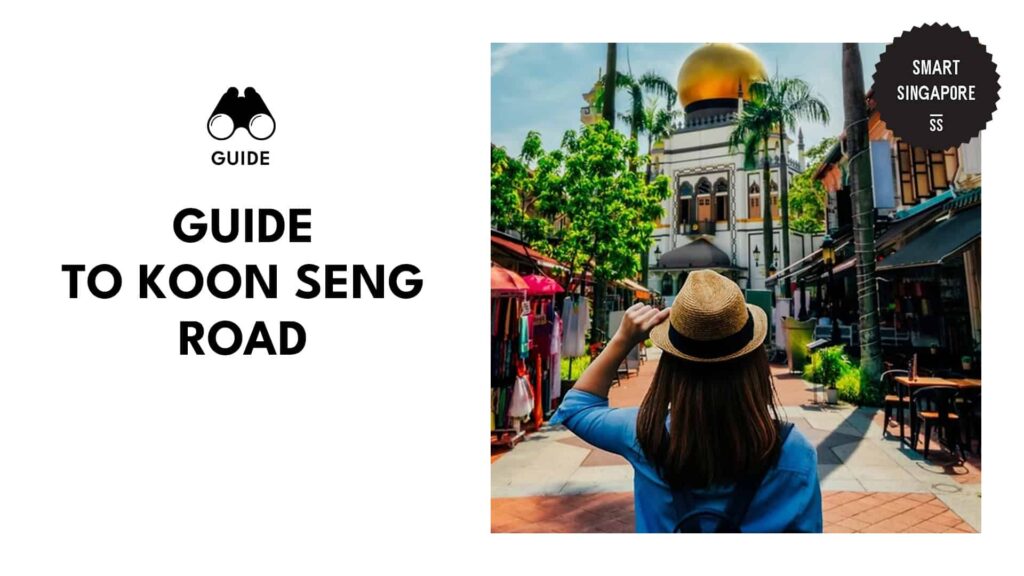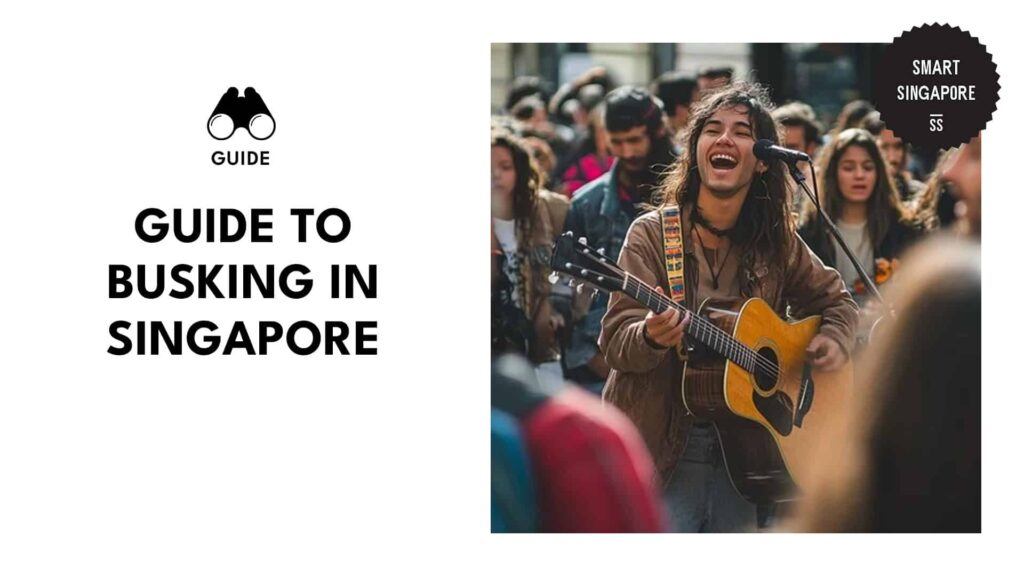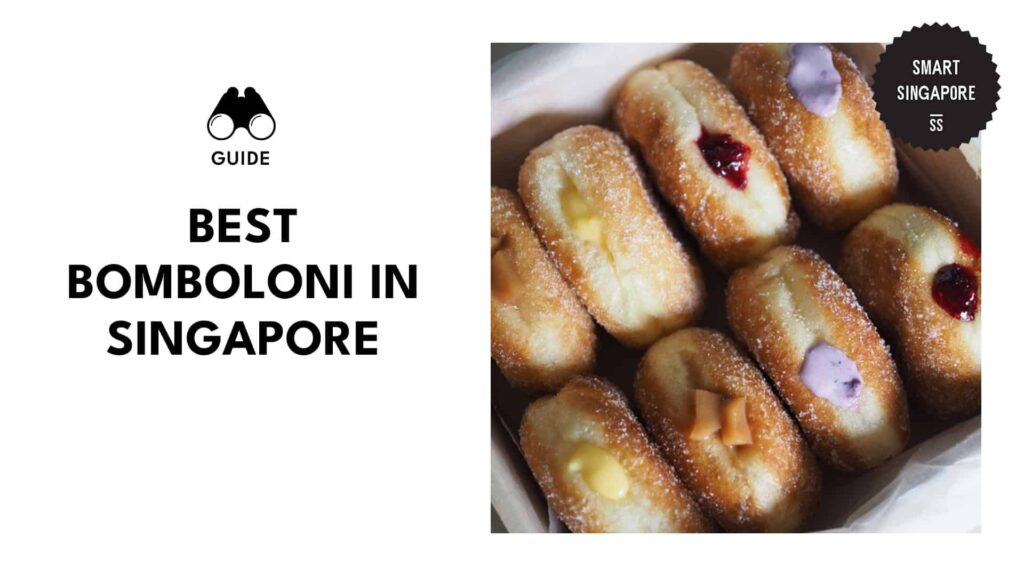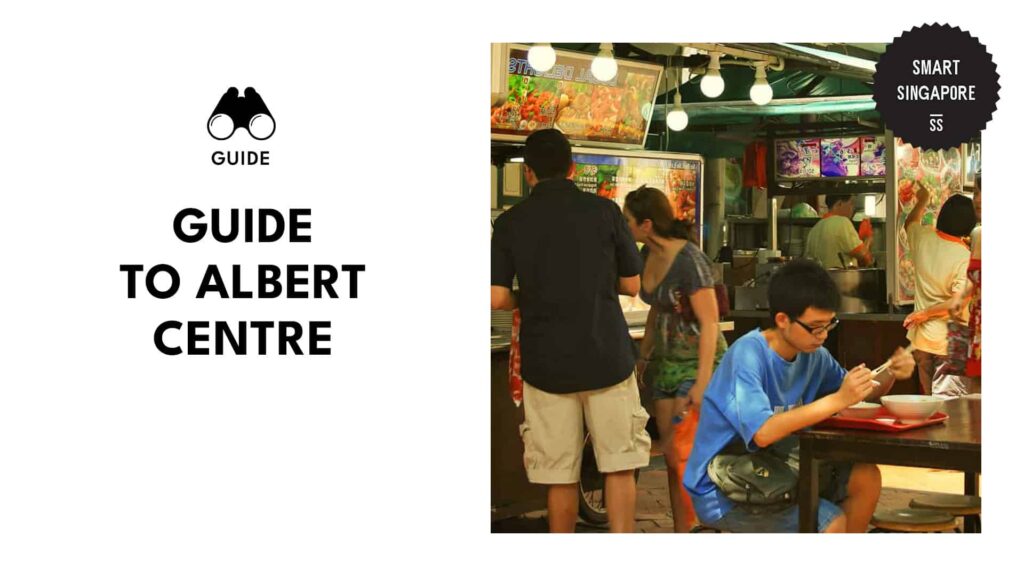Categories > Guides and Tips
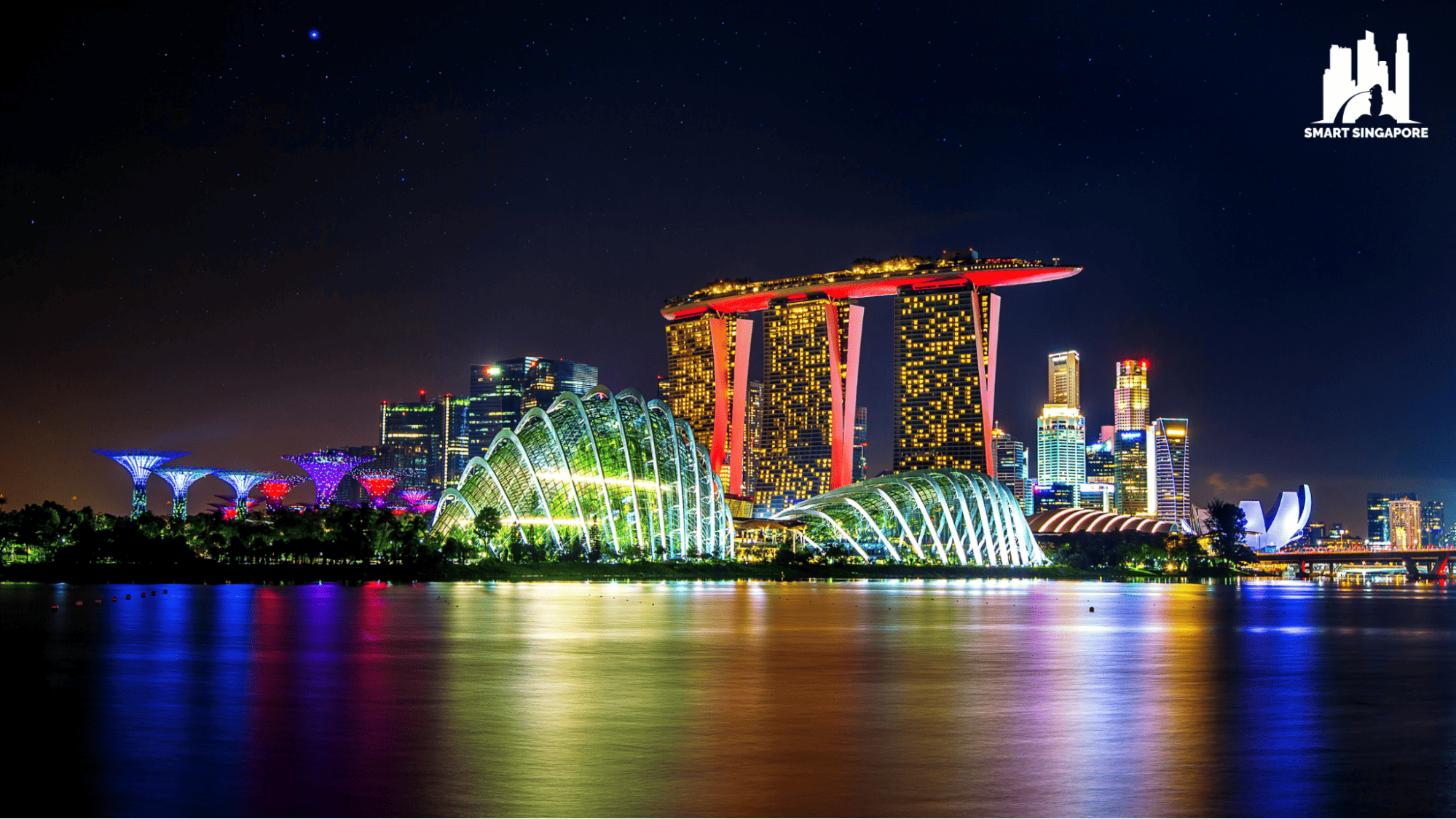
The Flip Side: 6 Worst Things About Living in Singapore
For most, Singapore is an ideal country due to its thriving economy. It’s home to the biggest commercial centres in the world where work and leisure meld together.
With such great social and economic achievements, Singapore is often viewed through rose-tinted glasses. However, this city-state is not without its flaws.
So if you’re on the fence about living in the Lion City or are just doing some research for your future travels, then you’re in the right place because this article will discuss the worst things about living in Singapore.
1. Singapore’s hot climate makes it difficult to enjoy the outdoors

Singapore is a Southeast Asian country located near the equator, which is why it has a hot and humid climate throughout the year.
The temperature in Singapore ranges from 30°C to 33°C (86°F to 92°F) and rarely dips below 25°C (77°F) even during night-time.
Singapore also doesn’t experience significant seasonal shifts other than the bouts of rain that typically take place between November to January. And even then, the rainy season in Singapore tends to be humid!
You can stay cool in the city by following this local’s advice.
2. Singapore’s cost of living is generally high

It’s no secret that the cost of living in Singapore is high. According to the Economist Intelligence Unit, both New York and Singapore rank as the world’s most expensive cities.
Furthermore, as stated in an article by BBCINcorp, the estimated cost of living per month for a single person in Singapore is S$3,000 to S$4,000. Therefore, to live comfortably, one must earn a monthly salary ranging from S$6,000 to S$8,000.
To give you a clearer picture, below are the major expenses that Singaporeans and expats are likely to spend the most money on.
Rent

In recent years, housing costs in Singapore have skyrocketed. Even public or HDB (Housing Development Board) housing is not exempt from the increase in rent prices.
Here’s a breakdown of HDB rent prices according to Home Decor:
| Types of HDB Flats | Average Monthly Cost |
| HDB 3-room | S$2,000 to S$2,750 |
| HDB 4-room | S$2,450 to S$3,500 |
| HDB 5-room | S$2,400 to S$3,600 |
Furthermore, the table below shows Wise’s data on the average monthly rent for apartments.
| Types of Apartments | Average Monthly Cost |
| 1-bedroom apartment (city centre) | S$3,625 |
| 1-bedroom apartment (outside city centre) | S$2,696 |
| 3-bedroom apartment (city centre) | S$7,211 |
| 3-bedroom apartment (outside city centre) | S$4,725 |
Food and Groceries
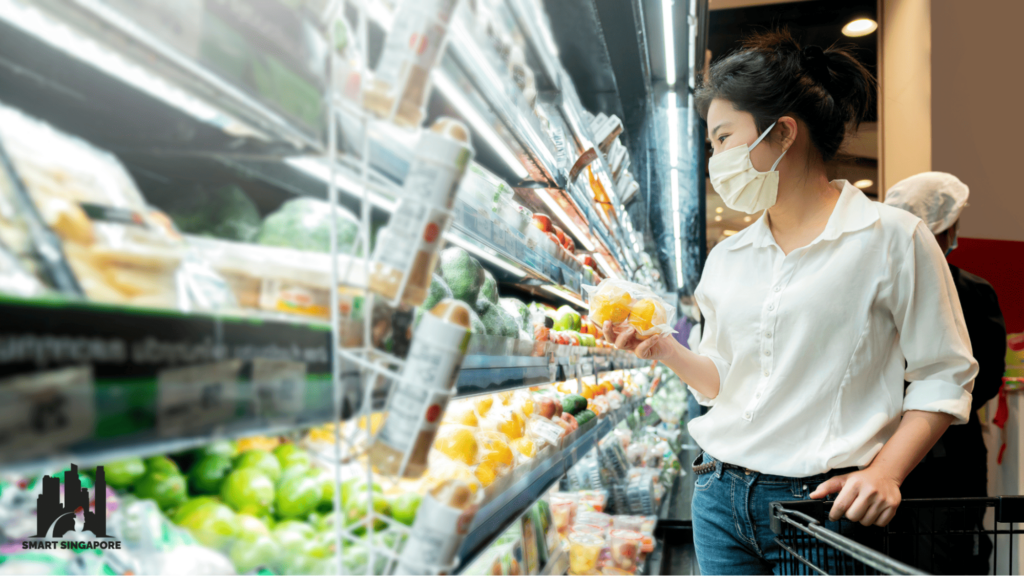
Although the average monthly budget for groceries varies per person, food prices have undoubtedly risen over time.
Channel News Asia has even reported that in 2021 alone, the price of 30 eggs rose from S$4.65 to S$6.15.
Moreover, Dollar and Sense estimates that the average Singaporean household is expected to spend S$1,199 a month on food and groceries alone.
Car Ownership and Maintenance

Owning a car in Singapore is a luxury. In fact, Business Insider dubbed Singapore as the most expensive place in the world to buy a car.
It may sound unreasonable to others, especially to foreigners, but car costs are deliberately designed to be pricey here. This is the government’s way to reduce traffic and limit the need to free up land for parking spaces.
To give you a perspective of how expensive cars are in Singapore, according to Smartwealth, a Toyota Corolla Altis costs S$166,888 as of April 2023. Meanwhile, in the United States, you can buy the same unit for only S$30,100 (US$22,000).
Car maintenance, on the other hand, presents various factors to consider (and pay for). The table below is a breakdown of how much it costs to run a car based on Smartwealth’s data.
| Car Maintenance | Average Monthly Cost |
| Petrol | S$320 |
| Parking | S$130 |
| Road Tax | S$85 to S$90 |
| Car Insurance | S$85 to S$125 |
| Oil change | S$50 to S$100 |
3. Singapore is a small country
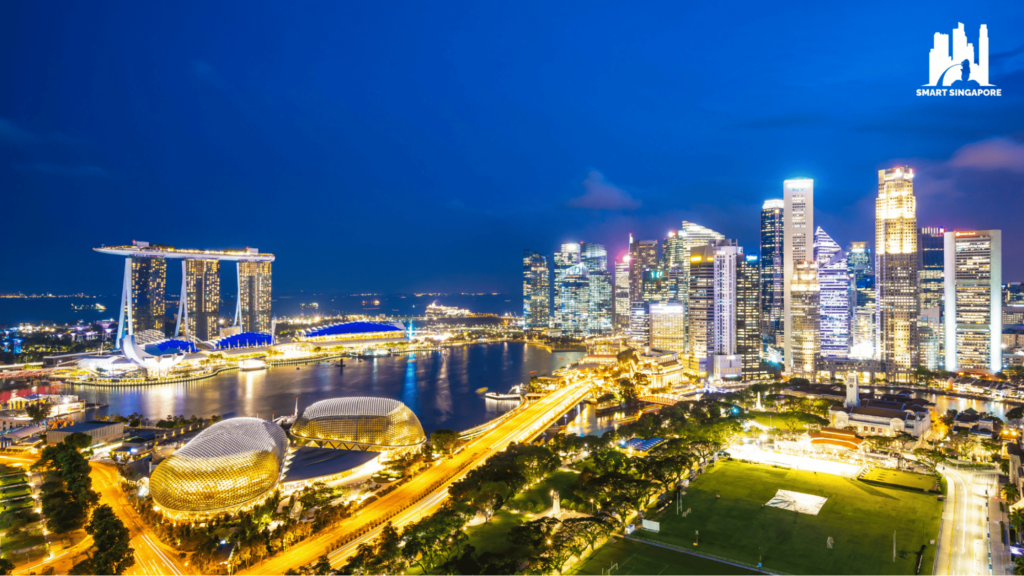
While Singapore seems to have it all in terms of business establishments, leisure spots, and even nature reserves, some people find the country too small and a little limiting.
Mainland Singapore is approximately 710 square kilometres. Therefore, locals who crave a change of scenery may not fulfil it within Singapore.
Singapore’s size is also one of the main reasons why it’s difficult for Singaporeans to own a sizeable property due to the scarcity of land.
| Pro-tip: If you feel bored and want to detox from the cityscape, there are a few natural attractions in Singapore that you can explore. Here are our recommendations: Tampines Eco Green Kranji Marshes Bukit Timah Nature ReserveSungei Buloh Wetland Reserve Sister’s Island Marine Park |
4. Singapore’s quality healthcare comes at a high price for expats
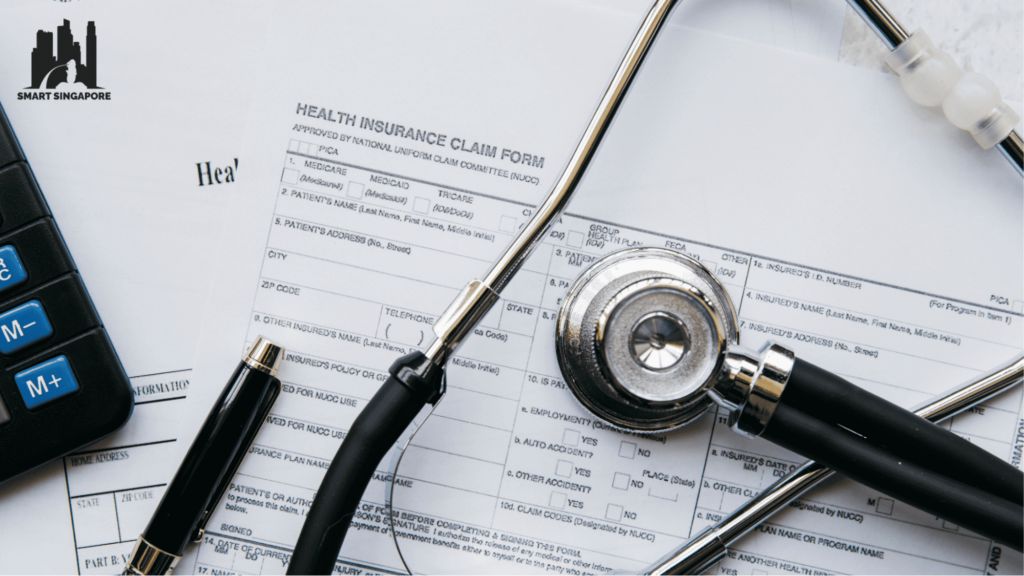
Singapore is renowned for providing high-quality healthcare through both the public and private sectors. However, if you’re not a permanent resident in Singapore, you, unfortunately, don’t have access to subsidised healthcare services.
So if you’re an expat in Singapore, you are required to pay the regular rates for either
sector.
The table below shows you how much the average bills for public and private hospitals are based on Smartwealth’s report.
| Type of Treatment | Average Hospital Bills (Public) | Average Hospital Bills (Private) |
| Medical specialties | S$1,012 to S$7,876 | S$3,906 to S$24,687 |
| Surgical specialties | S$1,638 to S$10,541 | S$8,109 to S$18,993 |
5. Singapore’s top-notch universities are expensive
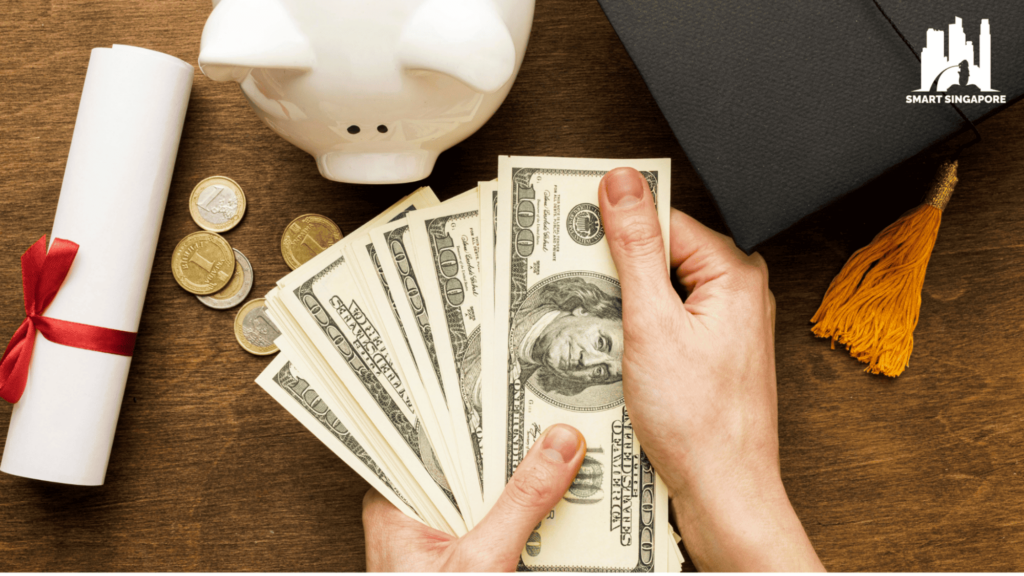
Most Singaporeans are aware of how essential it is for their kids to get into top schools in hopes of securing good career opportunities.
Although permanent citizens and other Southeast Asian nationalities have a better chance of getting tuition grants from the Ministry of Education (MOE), most of them still have to shoulder school fees and a portion of their tuition.
So whether they receive subsidies or not, parents or guardians must still financially prepare to fund their children’s education.
For an overview of how much it costs to send your kid to school in Singapore, we summarized Singsaver’s data on the fees required for every educational level.
| Educational Level | School Type | Monthly Fees per Citizenship | ||
| Singaporean | ASEAN | International | ||
| Primary school | Free | S$465 | S$775 | |
| Secondary school | Government school | S$25 to S$43 | S$800 to S$818 | S$1,470 to S$1,488 |
| Government-aided school | S$25 to S$43 | S$800 to S$818 | S$1,470 to S$1,488 | |
| Independent school | S$300 to S$600 | S$1,000 to S$2,500 | – | |
| Specialised independent school | S$300 to S$830 | S$950 to S$2,700 | – | |
| Junior college (pre-university) | – | S$6 | S$1,040 | S$1,800 |
Moreover, for the tertiary level, we used the same data from Singsaver’s article to narrow down the six public universities that are qualified for MOE tuition grants:
University | Monthly Fees per Citizenship | ||
| Singaporean | International (with tuition grant) | International(without tuition grant) | |
| National University of Singapore (NUS) | S$8,200 to S$28,900 | S$17,550 to S$159,600 | S$29,850 to S$159,600 |
| Nanyang Technological University (NTU) | S$8,200 to S$34,700 | S$17,500 to S$74,900 | S$31,970 to S$36,830 |
| Singapore Management University (SMU) | S$11,400 to S$12,650 | S$24,500 to S$27,050 | S$44,770 to S$47,320 |
| Singapore University of Technology and Design (SUTD) | S$13,200 | S$28,450 | S$60,615 |
| Singapore University of Social Sciences (SUSS) | S$30,000 to S$33,440 | S$75,200 to S$80,000 | S$125,760 to S$133,760 |
| Singapore Institute of Technology (SIT) | S$22,500 to S$43,280 | S$63,558 to S$113,248 | S$96,878 to S$158,189 |
6. Singapore has a lot of strict (and weird) laws
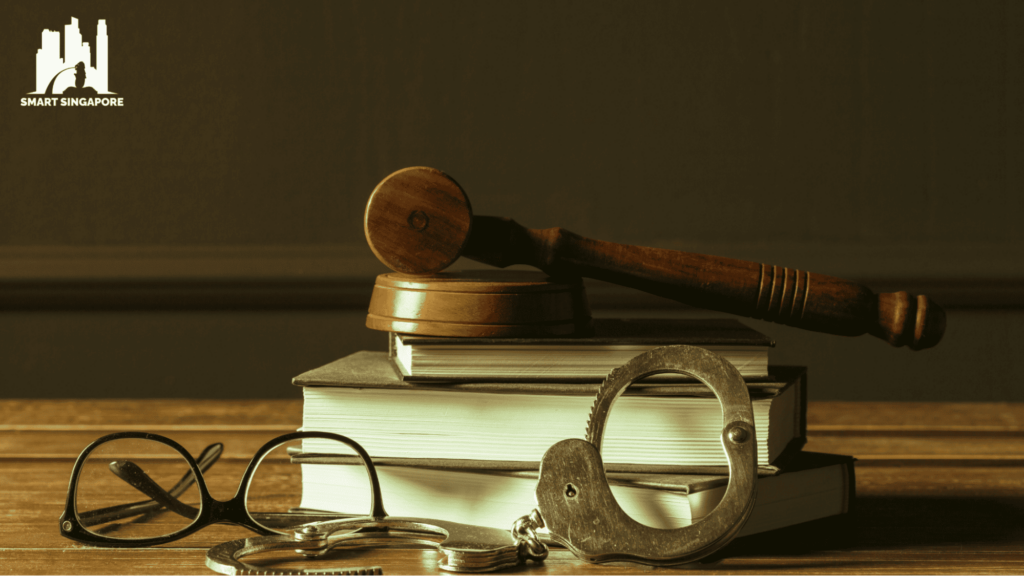
It’s a well-known fact that Singapore has a lot of strict laws that both locals and travelers must comply with to avoid being fined. However, a couple of these laws can be quite bizarre, and some could even say an overkill.
Below are some of the offences and their penalties listed on Singapore Statutes Online that you should take note of. Make sure to remember these, especially if you’re a traveller because ignorance of the law excuses no one.
| Offence | Penalty |
| 1. Chewing gums that aren’t for medicinal purposes (nicotine gums) and aren’t sold in pharmacies | Up to a S$100,000 fine and/or two years in prison |
| 2. Smoking in a public place | Up to a S$150 fine |
| 3. Spitting and/or expelling mucus in a public place | Up to a S$1,000 fine |
| 4. Jaywalking | Up to a S$1,000 fine and/or three months in jail |
| 5. Feeding pigeons | Up to a S$500 fine |
| 6. Drinking alcohol in public places between 10:30 pm to 7:00 am | Up to a S$1,000 fine |
| 7. Singing a song in public that contains obscene lyrics | Three months in prison |
| 8. Urinating in public spaces that aren’t communal and/or private toilets | Up to a S$1,000 fine |
| 9. Bringing drugs to Singapore | Up to a S$20,000 fine and/or 10 years in prison |
| 10. Possessing drugs in Singapore | Up to a S$20,000 fine and/or 10 years in prison, plus capital punishment |
